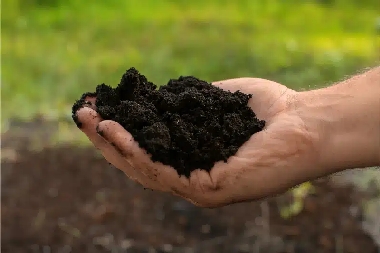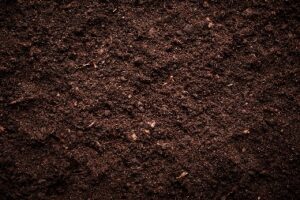Wenatchee Clay in Soil

As we navigate the challenges of modern agriculture, understanding the significance of clay in soil becomes paramount. In Wenatchee, where agriculture is a vital part of our community, the quality of our soil directly influences our ability to produce healthy crops. Recent studies indicate that nearly 40% of our agricultural land is comprised of clay soils, which can present both challenges and opportunities for local farmers.
In addressing the complexities of clay in soil, we can turn to innovative solutions that enhance soil health and agricultural sustainability. With the right amendments and practices, we can improve water retention, reduce erosion, and ultimately boost crop yields, making a significant impact on our local farming community.
Here are some essential aspects of clay in soil that we should consider:
- Understanding types of clay in soil.
- Methods to break down clay soil fast.
- Benefits of clay in soil for agriculture.
- How to use clay in soil effectively.
- Where to buy clay soil for farming needs.
By focusing on these aspects, we can work towards healthier soil, which is crucial for our farming practices. If you’re interested in improving your soil’s quality and enhancing your agricultural output, we encourage you to reach out. Contact us at (253) 348-2200 or visit our website’s contact page for more information.
Wenatchee Soil Clay Levels

The soil clay levels in Wenatchee play a critical role in determining how effectively we can cultivate our land. With the right balance, farmers can achieve optimal crop yields, but too much clay can hinder growth and water drainage. Research shows that clay levels directly affect nutrient availability and root development, which are essential for robust plant growth.
Understanding these soil clay levels is vital for local farmers. By assessing soil composition, we can tailor our agricultural practices to suit the specific needs of our crops, ensuring both sustainability and productivity.
Consider these important points regarding soil clay levels:
- Soil clay levels chart aids in understanding soil composition.
- 7 types of soil and their characteristics.
- How clay soil impacts drainage and nutrient uptake.
- Importance of soil clay levels for crop health.
- Identifying clay soil through soil tests.
By analyzing and adjusting soil clay levels, we can significantly improve the viability of our crops. For those looking to enhance their soil quality, we invite you to connect with us at (253) 348-2200 or through our website’s contact page to explore effective solutions.
Wenatchee Clay Soil
Clay soil presents unique challenges and opportunities for farmers in Wenatchee. While it can hold nutrients and moisture effectively, its density can also impede root growth and water drainage. Studies indicate that nearly 30% of our region’s agricultural land is classified as clay soil, underscoring the need for effective management strategies to optimize its potential.
Incorporating amendments can improve clay soil’s structure, making it more conducive to healthy crop growth. By understanding how to work with clay soil, we can enhance our agricultural practices and contribute to a more sustainable farming environment.
Here are some key points to consider when working with clay soil:
- How to break down clay soil fast for better drainage.
- Types of clay soil and their suitability for various plants.
- Characteristics of clay soil and their impact on farming.
- Where to buy clay soil for landscaping and gardening.
- Using gypsum for clay soil improvement.
By leveraging the right techniques, we can transform our clay soil into a productive resource for our farms and gardens. If you’re ready to enhance your soil’s performance, we encourage you to contact EcoGEM at (253) 348-2200 or visit our website’s contact page for further information and support.

